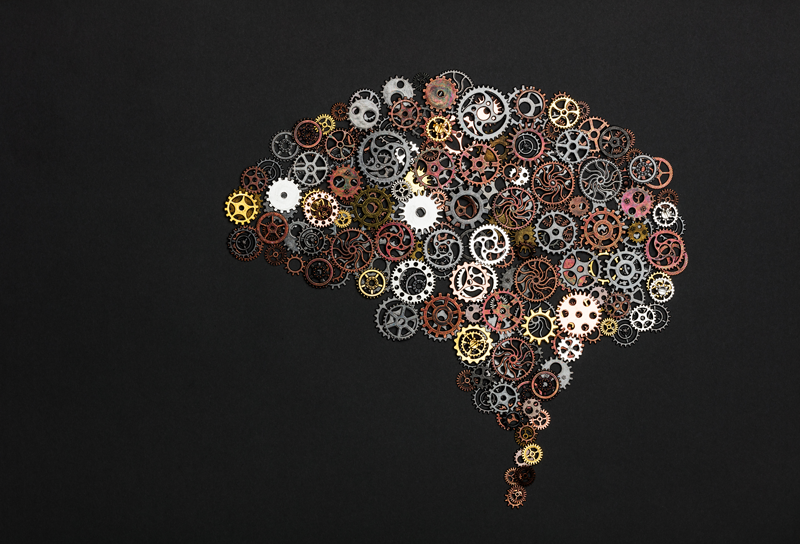Emotional intelligence refers to a person's ability to understand, perceive, and control their own emotions and those around them. Some experts say that emotional intelligence can be equally, if not more important, than IQ. From your relationships to your goals, emotional intelligence ultimately plays a role in every aspect of your life. And while some believe it's characteristic that some are born with, research suggests that emotional intelligence can be learned and strengthened.
Components of emotional intelligence
EI was developed by John Salavoy and John Mayer, two social psychologists. Their work is responsible for the increased interest in emotional intelligence, from the workplace to the school curriculum. There are four levels of emotional intelligence, which include:
Self-awareness: The ability to recognize and understand emotions is a fundamental skill of EI. Aside from perceiving your own emotions, however, is being aware of the effect of your actions, moods, and feelings of others. This often includes awareness of nonverbal cues, like body language and the facial expressions people use. Although this comes more naturally to some people than others, you can take a few easy steps in improving your self-awareness.
Start by monitoring your own emotions, recognizing different reactions to emotions, and identifying each emotion as it arises. You'll start to notice the relationship between your feeling and how you behave as a result.
Self-regulation: Once you become aware of your own emotions and the impact you have on other people, you'll need to learn how to regulate and control them. This doesn't mean putting your feelings on hold or suppressing them, but rather being able to express them at the right time and place. Emotional regulation is all about expressing them appropriately.
If you know someone who can diffuse a tense situation or is good at managing conflict, they're probably good at regulating their emotions. They also tend to be conscious about how they influence other people, take responsibility for their actions, and adapt well to change.
Practice being mindful of your thoughts and feelings in different situations, and find ways to cope with the uncomfortable ones. Soon, you’ll start to recognize the way your emotions help you determine your actions.
- Social skills: Having strong social skills allows you to build meaningful relationships and develop a more vital understanding of yourself and those around you. But, it involves a bit more than merely understanding emotions. You'll need to put the information to work in your daily interactions. Practicing essential social skills like active listening, asking open-ended questions, having good eye contact, or showing interest in others are excellent ways to improve this emotional intelligence area.
- Empathy: Or the ability to understand how people feel, is one of the most critical components of emotional intelligence. Aside from recognizing how someone else is feeling, empathy involves your response to people based on this information. How do you typically respond when a friend is feeling sad or hurt? In a professional setting, an empathetic manager understands the power dynamics in the workplace. This can positively influence their relationships with their employees, and they probably don't take advantage of their power.
Improving your emotional intelligence isn’t always easy. It’s a skill that takes time to develop. But by practicing and implementing some of the tools mentioned, you’ll start to notice positive changes in the way you understand yourself and those around you.

